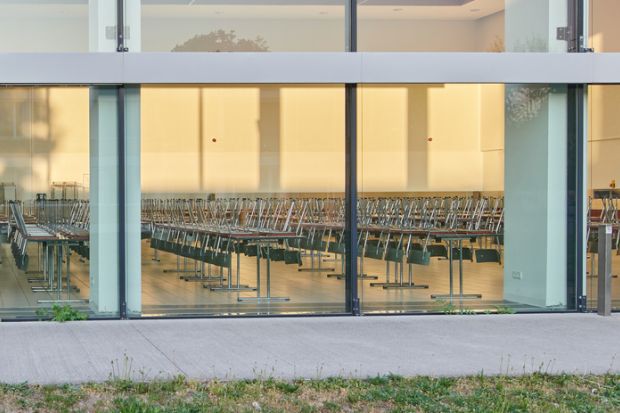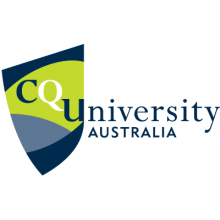Covid risks stripping some Australian universities of almost an entire upper level of their student body, a new analysis suggests.
A study by former University of Melbourne deputy vice-chancellor Frank Larkins has found that around nine in 10 coursework postgraduates in some universities are from overseas.
But overseas master’s students are averse to studying remotely. In 2019, all but 3 per cent of international taught postgraduates took at least some of their classes on-campus, with most studying full-time and face to face.
This underscores the difficulty of recruiting new international master’s students while Australia's borders remain closed. With taught postgraduates comprising 40 per cent of all overseas students, they are critical to the sector’s recovery from the A$11.4 billion (£6.4 billion) or more that Professor Larkins has estimated the pandemic will cost universities in lost revenue by 2024.
“The proportion of overseas students in the postgraduate student mix is especially relevant to the capacity of a university to recover from the Covid-19 pandemic,” he stresses in the paper, published by the Melbourne Centre for the Study of Higher Education.
Some universities also risk radical changes in their student profiles if the current cohort of foreign taught postgraduates cannot be replaced.
“The years 2021 and 2022 will be especially difficult for many universities seeking to maintain viable postgraduate coursework programmes,” Professor Larkins writes, adding that foreign postgraduate demand faced a “slow recovery” because of “the desire to study on-campus”.
“Many universities are indeed very vulnerable to decreased overseas student numbers and hence subject viability at the postgraduate level.”
The paper says Central Queensland University (CQU) and Victoria’s Federation University are “the most highly exposed” because 87 to 90 per cent of their master’s students, in full-time equivalent terms, are foreigners.
CQU, which Professor Larkins identified in a previous analysis as at high financial risk, generated around 36 per cent of its 2019 revenue from international students while recording an operating result of less than 1 per cent.
And while Federation notched a far healthier 9 per cent surplus in 2019, the last year for which figures are available, around 44 per cent of its earnings came from overseas students.
Federation vice-chancellor Duncan Bentley said the analysis overlooked changing enrolment patterns since the pandemic struck. “The assumption is that we’ve done nothing about it,” he said. “In fact, we were responding quickly.”
He said locals left jobless by the pandemic were queuing up for “stackable” micro-credentials that could be combined into master’s degrees, and courses in industry sectors targeted by federal stimulus money.
“When they say the world is going to end because we won’t have any students, I’m looking at all the commonwealth money going into modern manufacturing, hydrogen clusters [and] renewable energy and thinking: ‘I almost don’t have any room for the international students,’” Professor Bentley said.
“Of course, we’d love to have them back, [but] we are shifting the focus away from this purported dependence on international [money]. We’ve moved on.”
CQU vice-chancellor Nick Klomp said he welcomed analyses of university financial positions, “but in CQU’s case their assumptions are not based on the fullness of information”.
“The analyses we’ve seen fail to take into account our significant financial response at the outset of the pandemic, which saw the university reduce its expenditure in line with its revised revenue forecasts,” he said.
Register to continue
Why register?
- Registration is free and only takes a moment
- Once registered, you can read 3 articles a month
- Sign up for our newsletter
Subscribe
Or subscribe for unlimited access to:
- Unlimited access to news, views, insights & reviews
- Digital editions
- Digital access to THE’s university and college rankings analysis
Already registered or a current subscriber? Login












